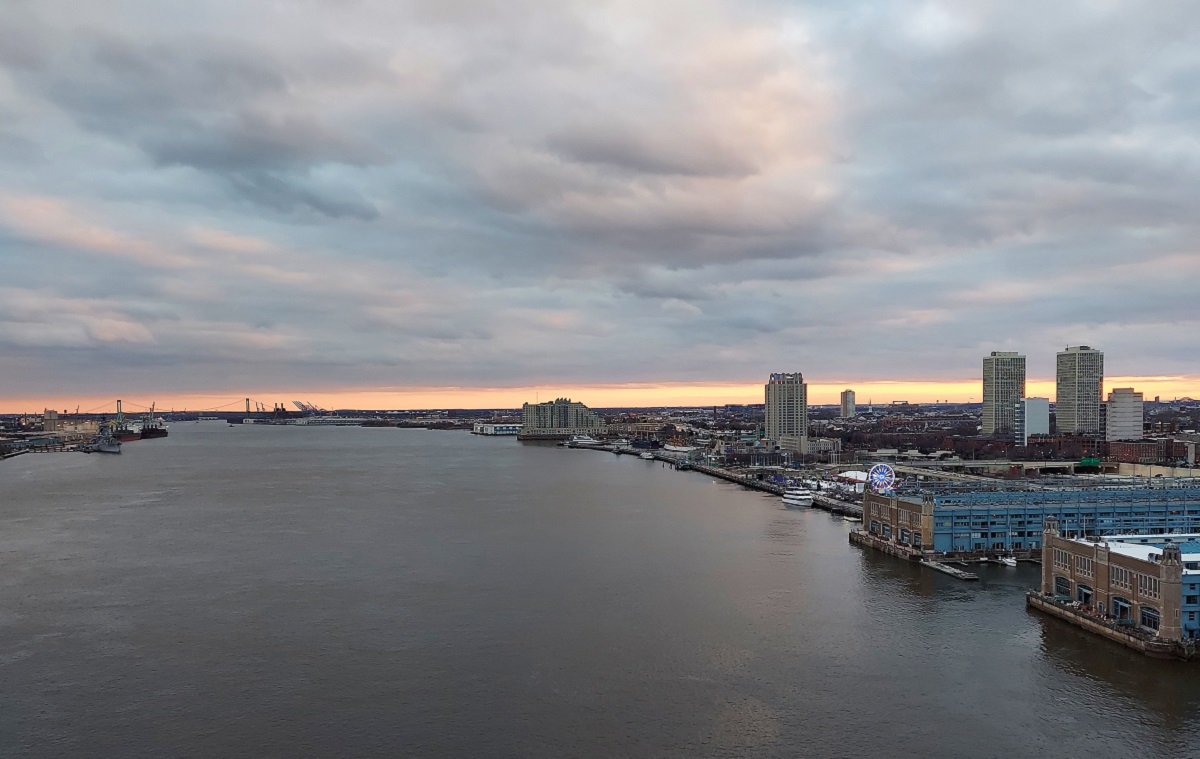In late February, the fracked gas industry had yet another one of its increasingly frequent bad days. After years of advocacy from thousands of residents, Sierra Club organizers, and numerous partners, the governors of Pennsylvania, New York, New Jersey, and Delaware unanimously voted to permanently ban fracking in the Delaware River Basin. Nearly half of the basin sits on top of the gas-rich Marcellus Shale, and industry was anticipating blasting up to 4,000 wells into its soil.
The recent ban is just one more piece of bad news for an industry that seems to have little to celebrate recently—save what some executives disgracefully characterized as “hitting the jackpot” during the misery of the Texas blackouts. It underscores just how unpopular fracking has become. The governors who voted for the ban represent 48 million people in some of the country’s most populous states, including gas-industry epicenter Pennsylvania. It’s especially noteworthy that Pennsylvania governor Tom Wolf voted in favor of the ban, given pundits’ predictions that then-candidate Biden’s strong position against fracking would cost him the state.
The fracking industry is facing ever-larger hurdles to its continued viability. Across the country, people are working to keep fossil fuels in the ground to protect their communities from pollution and to prevent the climate crisis from spiraling out of control. They refuse to allow their air and water to be polluted by the toxic chemicals used in fracking, which have been linked to higher rates of respiratory distress, cancers, and pregnancy complications.
They also recognized that a fracking ban would reverberate outside their communities. It would be a victory for everyone who is ready to transition away from fracked gas and toward the 100 percent clean energy system we need to end the climate crisis. Methane, the primary component of fracked gas, traps a staggering 87 times more heat than carbon dioxide during its first 20 years in the atmosphere, and its share of responsibility for heating the earth is growing alarmingly fast. The less of it we send into the atmosphere, the better our odds of limiting climate disaster.
Steadfast, united opposition from communities and environmental organizations is having a powerful impact on the fracked gas industry. Between divestment campaigns and persistently low gas prices, the industry is struggling to get the financing it needs to continue operations, let alone expand. In July, it was forced to cancel the 600-mile, $8 billion fracked gas Atlantic Coast Pipeline, offering yet another example of how it’s becoming nearly impossible for these polluting corporations to build new pipelines. From Oregon to Texas, its plans to build new gas export terminals are crumbling. Dozens of cities have joined the movement to replace fracked gas with clean energy in our homes, businesses, and other buildings. And it’s being increasingly supplanted by affordable, abundant renewable energy.
But as much harm as the fracked gas industry causes, we can’t simply cheer its downfall without caring for the people within it. While fossil fuel executives often get golden parachutes on the way out the door, fossil fuel workers don’t. As the era of fracked gas comes to an end, we must ensure that the affected workers have access to wage support, job retraining, and other resources. Like everyone in this country, they deserve to share in the prosperity created by an economy centered on the flourishing of people and planet.
What might such an economy look like? For a clue, you can turn back to the Delaware River Basin. It was protected in part because more jobs and income would be preserved that way than by fracking. The Natural Resources Defense Council found that a protected basin supported 600,000 jobs, which bring in $12 billion in annual wages, while fracking jobs would bring in just $3.3 billion. Pundits, catch up: Jobs in tourism, recreation, and restoring and protecting our natural carbon sinks are more than capable of sustaining families—without the dangers the fossil fuel industry poses to the health of people, communities, and our climate. It’s time all our leaders started acting like it.
